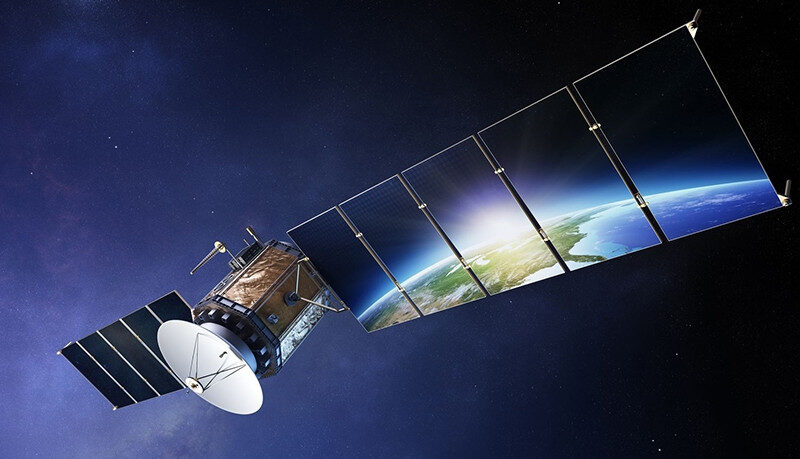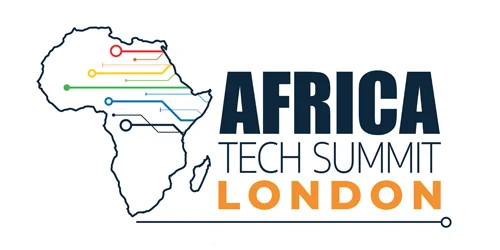Africa has taken a significant step forward in its journey toward scientific and technological advancement with the official launch of its first continental space institution—the African Space Agency (AfSA). This milestone, reported by Bloomberg and officially confirmed by the African Union (AU), marks a major achievement in the continent’s pursuit of space exploration, climate resilience, and data sovereignty.
Headquartered in Cairo, Egypt, the African Space Agency officially began operations in April 2025. The agency is currently assembling its foundational team and setting the stage for a coordinated, continent-wide approach to space science, satellite deployment, and Earth observation.
Why the African Space Agency Is a Milestone for Africa’s Technological Growth
The creation of the African Space Agency reflects a collective vision by African Union member states to strengthen collaboration, improve access to critical geospatial data, and foster innovation that supports sustainable development. The agency will serve as a centralized body to coordinate existing and future national space programs while building shared capabilities that benefit all African countries.
Africa’s fragmented approach to space efforts in the past has often resulted in duplication of resources, limited data-sharing, and missed opportunities for intergovernmental collaboration. The African Space Agency aims to change that by introducing a unified framework and driving large-scale, strategic space initiatives.
Strategic Objectives of the African Space Agency
The African Space Agency’s mandate goes beyond launching satellites. It is tasked with:
- Enhancing Earth observation systems for monitoring natural resources, environmental changes, and disaster response
- Supporting the deployment of satellites to enable communications, navigation, and remote sensing
- Promoting data-sharing infrastructure to improve access to satellite data across member states
- Coordinating national space programs to reduce inefficiencies and foster intergovernmental cooperation
- Advancing research and development in space science and related disciplines
- Building capacity and human capital through STEM education, training, and technical exchange
These initiatives will help African countries harness space technology to support agriculture, climate change mitigation, urban planning, and digital connectivity.
Addressing Africa’s Climate and Data Challenges
One of the African Space Agency’s most critical roles will be improving access to independent, high-quality climate and weather data. With global access to such data becoming more restricted due to geopolitical dynamics, African nations must build their own capability to monitor weather systems, track deforestation, assess water resources, and predict natural disasters.
Through enhanced satellite infrastructure and cross-border cooperation, the agency can help governments make informed decisions in real time, reduce disaster-related losses, and boost agricultural productivity through more precise climate forecasting.
Why Cairo Was Chosen as the Agency’s Headquarters
The selection of Cairo, Egypt, as the host city for the African Space Agency was based on the country’s long-standing leadership in African scientific research and space-related infrastructure. Egypt has launched multiple satellites and has invested in developing space science education, making it a strategic location for the agency’s central operations.
Cairo’s geopolitical significance, modern infrastructure, and growing investment in innovation also make it well-positioned to serve as the administrative and operational center of Africa’s space ambitions.
What’s Next for the African Space Agency?
With operations now underway, the African Space Agency is expected to:
- Develop a continental space policy and regulatory framework
- Launch its first pilot satellite missions to demonstrate operational capacity
- Set up a pan-African satellite data platform for use by research institutions, governments, and businesses
- Partner with global and regional institutions to access technical expertise and funding
- Initiate education and training programs to build a new generation of African space scientists and engineers
The agency is also expected to play a role in facilitating public-private partnerships and encouraging investment in Africa’s growing space economy.
A New Era for Africa in Global Space Science
The inauguration of the African Space Agency represents a new era for Africa’s participation in global scientific endeavors. It aligns with the African Union’s broader Agenda 2063, which envisions a prosperous, interconnected, and innovative continent.
By building its own space capabilities, Africa is not only asserting its autonomy but also positioning itself as a contributor to international space research and technology development. From telecommunications and navigation to disaster mitigation and sustainable agriculture, the applications of space technology are vast and critical for the continent’s future.












